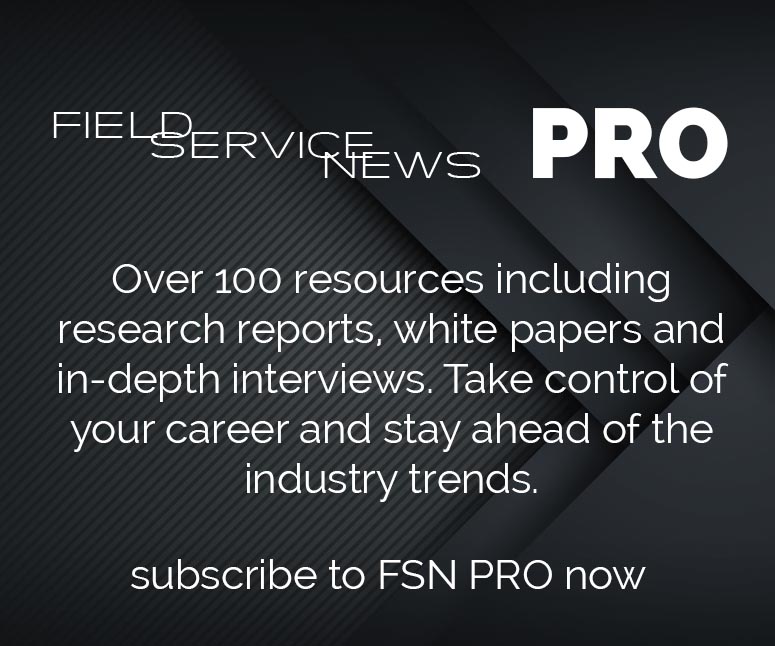Ehab Goldstein, Global VP of Strategy and Competitive Insights and Head of Customer Service at LifeScan has recently shared with Aquant how his team uses AI to improve compliance at scale and support market research in the latest episode of Aquant’s Service Intel Podcast.
Ehab Goldstein of LifeScan joined us on a recent episode to discuss how we can all better use AI to be proactive with call data. He serves as Global VP of Strategy and Competitive Insights and Head of Customer Service at the medical device company and says there’s so much untapped potential hiding in customer service call recordings. Ehab shares how his own team uses AI to improve compliance at scale, support market research and more.
Read on for some key takeaways from Aquant’s conversation with Ehab Goldstein.
Collecting Data Isn’t The Same as Understanding that Data
It’s common practice to record calls for compliance reasons. But collecting data from customer service calls isn’t the same as understanding that data and leveraging it to make key improvements to your service org.
It’s no secret that we need data to support decision making and many companies already pay to access databases to understand and act on industry trends. But, says Ehab, what if you treated call recordings as market research, too? What if you saw an unexpected result from a campaign and used call data to understand what might’ve gone wrong instead of sending a bunch of people to conduct customer interviews over the phone or face-to-face? These are the kind of things Ehab thinks about at LifeScan. It’s a perspective shift that’s come with great results.
Listen at Scale — And in Real-Time
Of course, listening to all of those call recordings would be impossible. From a compliance perspective, says Ehab, a quality manager is required to listen to three to five calls per agent to ensure they’re following protocol. But LifeScan gets around 20,000 to 30,000 calls a month, so three to five calls per agent is a drop in the bucket.
The company was sitting on a treasure trove of data detailing what customers are doing and what they’re saying about LifeScan’s products, messaging, service, and overall brand awareness in the market — country by country and region by region. So they turned to AI to transcribe recordings into text and analyze it effectively (and quickly), providing insights and helping the company improve in significant ways.
Leveraging AI doesn’t just help LifeScan improve after customer service calls are completed. Ehab and his team are also thinking about how it can help agents do a better job in real-time. For example, it helps agents adapt quickly based on feedback and change their approach on the very next call they have — instead of waiting until they’ve had a scheduled review with their supervisor.
Better Understand How Customers Actually Feel — And Make Clear Improvements
Sometimes, there are disparities between tickets submitted from the field and what customers are actually saying about your products and services. It’s a traditional approach to look at service records to understand customer satisfaction, but these rarely tell the whole story.
When Ehab’s team started leveraging insights from call data, they also looked at the automated customer survey that was currently set up for after each call. It was the usual set of questions related to net promoter score: effort level, satisfaction level, and first-call resolution. So he worked to improve the survey by asking more poignant questions — especially those that clearly separate service satisfaction from product satisfaction.
Of course, updating the survey also gave greater accuracy into the customers that had legitimate reasons for providing a low score. A lot of it surrounded product and warranty, but a portion was also about the service itself. Being clear on this information allowed Ehab to act on lower scores with detailed agent feedback and training and more efficiently course-correct anything that needed to be improved.
Right now, call monitoring is happening on 100 percent of service calls at LifeScan, with AI analyzing each one and reporting on intents and sentiments.
Listen to the full episode for more of the conversation with Ehab. You can subscribe to Aquant’s Service Intel podcast here.
Further Reading:
- Read more about Digital Transformation
- Read more about Aquant on Field Service News
- Subscribe to Aquant’s Service Intel Podcast
- Download Aquant’s 2023 Benchmark Report
- Read Aquant’s Service Leaders Recession Playbook
- Sign up for a demo of Service Intelligence
- Find out more about Aquant
- Follow Aquant on Twitter
- Follow Aquant on LinkedIn
- Access over 60 resources on Digital Transformation (PRO)















